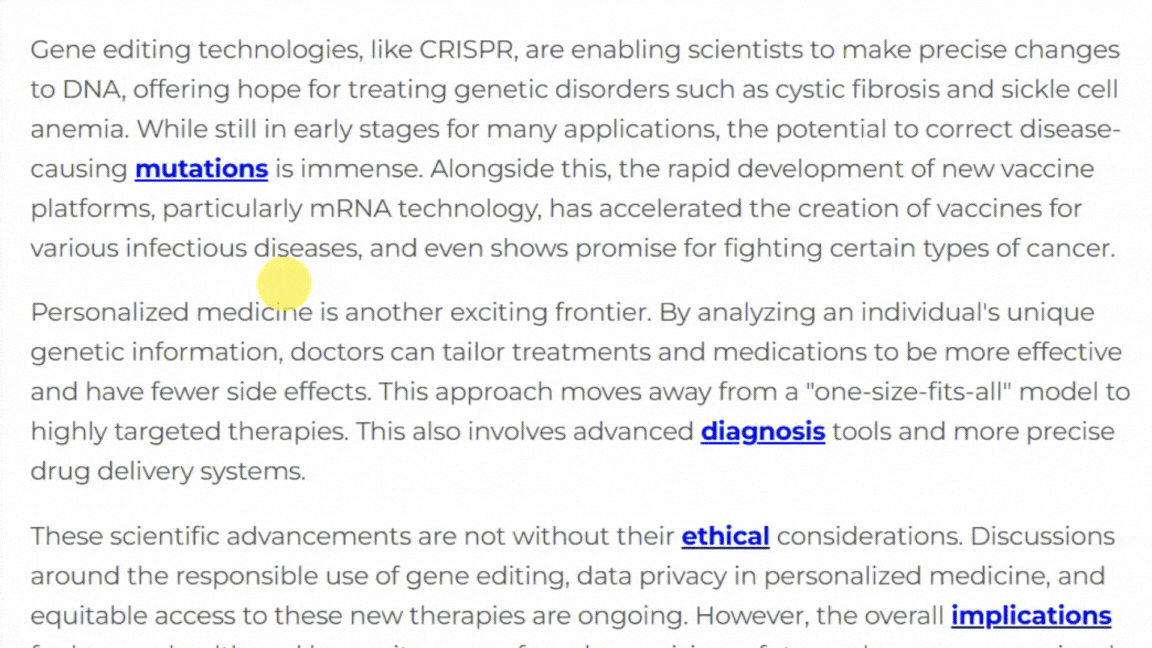Amber Talk
Enhance Your Conversation
Amber Talk
Enhance Your Conversation

Astronomical Discoveries
Breaking News
Listen
Scroll Down For Speaking Practice. Click ‘Practice Speaking Now’ to start.
Read
Humanity's fascination with the cosmos continues to drive exciting space exploration and lead to groundbreaking astronomical discoveries. Recent weeks have brought thrilling news from various missions and powerful telescopes, pushing the boundaries of our understanding of the universe.
One of the most exciting areas is the study of exoplanets – planets orbiting stars beyond our Sun. New findings from advanced space telescopes are helping scientists identify potentially habitable worlds and learn more about their atmospheres. These observations are crucial in our ongoing quest for signs of life beyond Earth.
Meanwhile, missions to other planets within our own solar system continue to yield fascinating data. For instance, recent analyses from Mars rovers are providing new insights into the planet's geological history and the potential for past water. Future missions are being planned to bring samples back to Earth, allowing for even more detailed study. These robotic probes are essential tools for extending our reach into the cosmos without human presence.
The field of astronomy is also benefiting from new ground-based telescopes and advanced data analysis techniques, leading to discoveries about distant galaxies, black holes, and the early universe. These findings continually challenge existing theories and deepen our appreciation for the vastness and complexity of space. The ongoing commitment to space exploration not only expands our scientific knowledge but also inspires new generations to look up and wonder.
Let's Talk About It!
- 1. What excites you most about the idea of commercial space flights?
- 2. Do you think space tourism will become common in the future?
- 3. What are the main benefits of building a lunar base on the Moon?
- 4. What challenges do astronauts face on long missions to Mars?
- 5. Do you believe private companies or governments should lead space exploration?
- 6. How might living on another planet change human society?
- 7. What kind of scientific research could be done from a lunar base?
- 8. Would you pay a lot of money to travel to space? Why or why not?
- 9. How does space exploration inspire young people to study science?
- 10. What is the most important reason for humanity to explore space?
Article Vocabulary Instructions
Click to Enlarge
